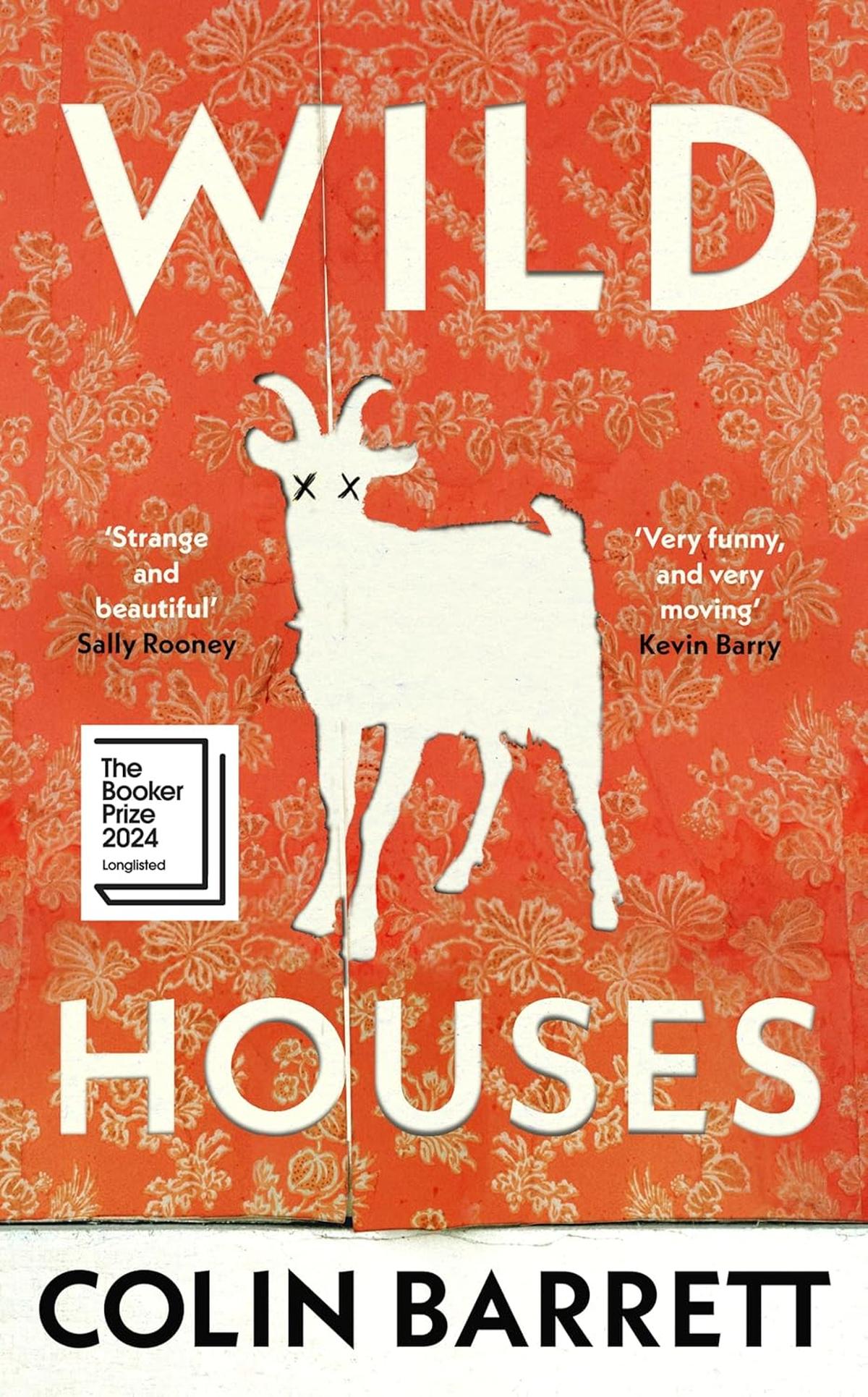Amidst the biggest local event of the year in Ireland’s County Mayo, the Ferdia brothers show up unannounced at Dev Hendrick’s house with an unwelcome guest, Doll English. On the other end of the county, Doll’s brother, Cillian, girlfriend Nicky, and mother, Sheila, when they find out that Doll is missing, are cornered into paying off the drug debt that Cillian owes, in under two days. There is a build-up of tension, there is escalation, and all efforts are made to resolve it — by fair means or foul.
On the surface, this is all that Colin Barrett’s Booker Prize-longlisted debut novel Wild Houses seems to be about — a short-lived thrill of a weekend-long kidnapping and extortion, leading to one misstep after another, which is bound to happen when one gets involved with drug dealers. But there is much more to this chase of a novel than Barrett lets on. It exists somewhere between thrill and reverie.
First and foremost, there is a past hovering over each of the characters. If one has haunting memoires of school bullies, the other has a history of rehabilitation; if one has dead parents, the other has been abandoned by theirs; if one is weighed down by an unfortunate debt, the other is hell-bent on avenging it. The book’s length seems short when compared to how much it says about these characters — teens or young-adults mostly, except for a few irresponsible, aggressive or absent adults.

Although the stage is primarily and actively occupied by Doll, Cillian, and the Ferdias — boys and men oblivious to the consequences of their actions — Dev and Nicky are more than just passive observers to the story, even if they are not responsible for the unfolding mess or a part of it, by choice. They have an inner voice and a sensitivity that the others inadvertently lack.
Dev journeys from once being happily invisible, to growing an “unignorable” size, to being bullied, mocked and isolated, and eventually left a “ghost, unanimously unseen”. Nicky is afraid of growing out of the county and the people in her life, and keeps pushing these fears away till it becomes absolutely necessary for her to face them. There are subtle commentaries on other themes as well: peer pressure, addiction, mental health, gambling, therapy, panic attacks, dropping out of school, puberty, relationships, and so on.
Author Colin Barrett

The celebrated short-story writer captures the characteristic small-town atmosphere of a county and its people, where every person knows something about the next. Be it the description of a landscape or an illustration of human emotions, Barrett’s writing makes a winning case for itself. Consider this: “abandoned streets [that] look not just empty but skeletally exposed, like furniture with its upholstery ripped away”, he writes of a lonely road at night. Or this: “[h]is thoughts, unsolicited, unarticulated and stacking feverishly up inside his mind, began to feed on themselves, like penned rats”, he says of Dev’s mental state through his tough teen years.
The Irish luck that brings authors to the Booker Prize lists has secured a spot for Wild Houses in this year’s longlist. Even though it did not make it to the shortlist, Barrett’s brisk novel is worth a leisurely glance, preferably over the weekend, to best experience all its action.
The reviewer is a books and culture writer. Instagram @read.dream.repeat
Wild Houses Colin BarrettJonathan Cape₹799
Published - November 08, 2024 03:02 pm IST












































